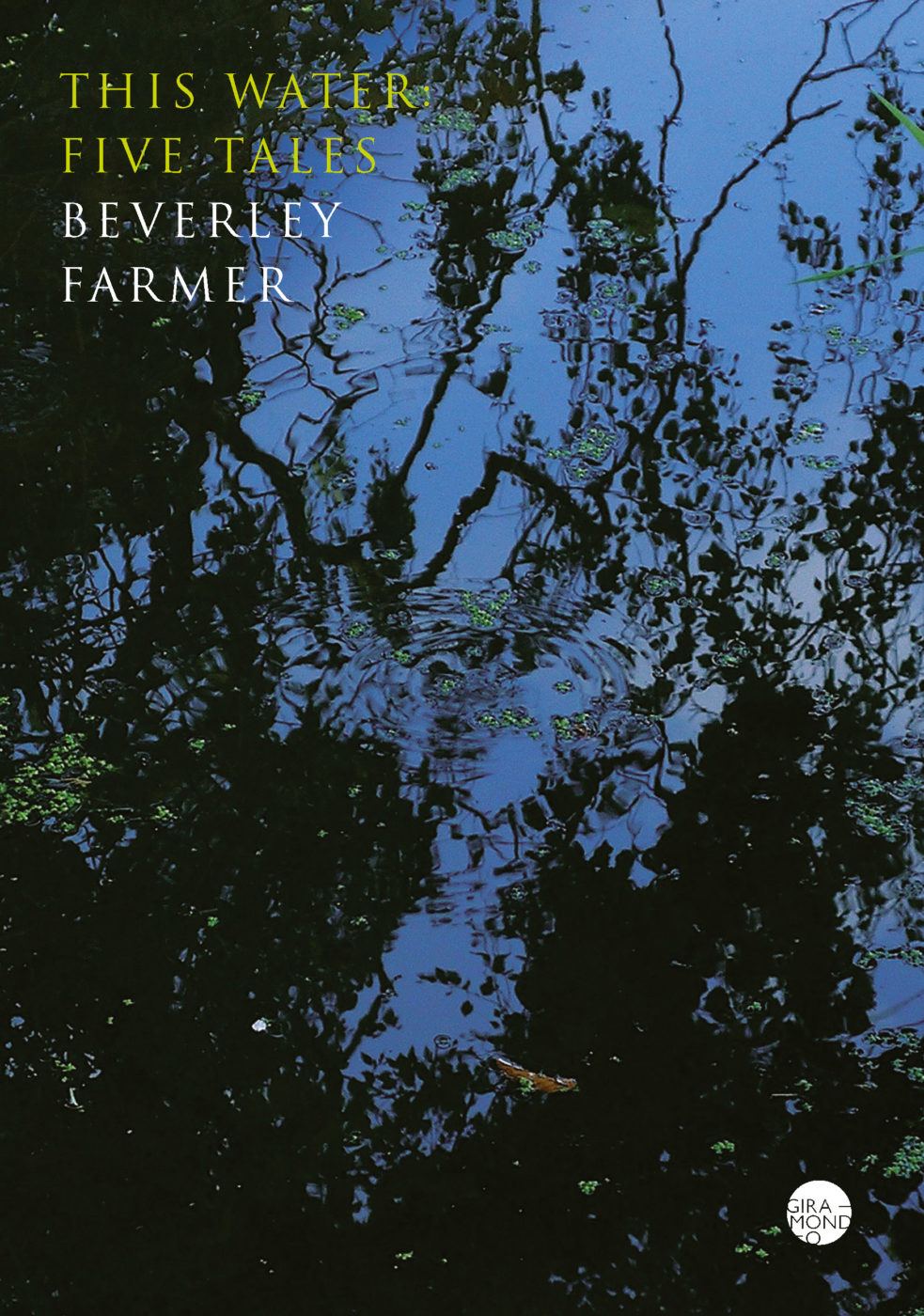
About the author
Beverley Farmer
Beverley Farmer was born in Melbourne in 1941. After graduating from the University of Melbourne she worked in the restaurant trade and taught English and French in secondary schools. In 1965 she married a Greek migrant and they went to live, for three years, under the Junta in his parents’ village on the Macedonian plain north of Thessaloniki. While there she wrote her first book, Alone. Several of the stories in the collections Milk and Home Time draw on her experiences of Greece, as does the novel The House in the Light. For many years she lived on the Victorian coast, the setting for A Body of Water: A Year’s Notebook and the novel The Seal Woman. She has also published a collection of essays on the life of the body and the life of the mind, The Bone House.
About the book
Beverley Farmer, one of Australia’s great prose stylists, and a pioneer of women’s writing, in her exploration of feminine concerns, and her use of different literary forms – novel, short story, poetry, essay, journal, myth and fairy tale.
This Water is the last work of fiction by Beverley Farmer, one of Australia’s great prose stylists, and a pioneer of women’s writing in this country. It is a collection of five interwoven tales, three of them novellas. Each has a woman at its centre: in each the women speak, act, think for themselves, in opposing or escaping from an oppressive authority.
One tale, set on the south coast of Victoria, is animated by the legend of the Great Silkie; another finds its rebellious princess in Lake Annaghmakerrig in Ireland; a third has Clytemnestra as its central figure, mourning the daughter sacrificed by her husband Agamemnon so that he could go to war with Troy – surely one of the great laments in Australian literature.
References to water and stone, ice and fire, light and darkness are woven throughout the collection, as are figures and images from myth and fairy tale – kings and brides, swans and seals, a ring of gold, ‘the blood red of her silks’ – their power evoked by repetition and resonance, and the remarkable rhythms of Farmer’s language.
Judges' report
The five stories that make up This Water draw on familiar tropes from fairy tales and classical mythology, but fashion them into distinct and evocative fictional worlds. Beverley Farmer’s protagonists confront the universal problems of love, desire, loyalty and loss; but the contexts in which they face these problems also compel us to consider the ways in which the constraints imposed upon them by virtue of their social positions as women have conspired to shape their experiences, conflicts and sufferings. The timeless nature of Farmer’s subject matter is reflected in the elemental imagery that gives the volume its unique atmosphere and underlying sense of coherence. Blood and water are organising motifs in a book whose earthiness and multivalent symbolism are matched by its surpassing elegance of expression. This Water confirms Farmer’s reputation as a stylist of rare distinction. Her euphonious prose fuses the fluency and gravitas of ancient storytelling traditions to the concentrated clarity of the greatest modern writers. She writes prose with the attentiveness of a poet, achieving much of her lyrical effect by means of a plainspoken vocabulary utilised with a perfectly attuned sense of rhythm. This Water is an estimable work by one of Australia’s finest writers.

